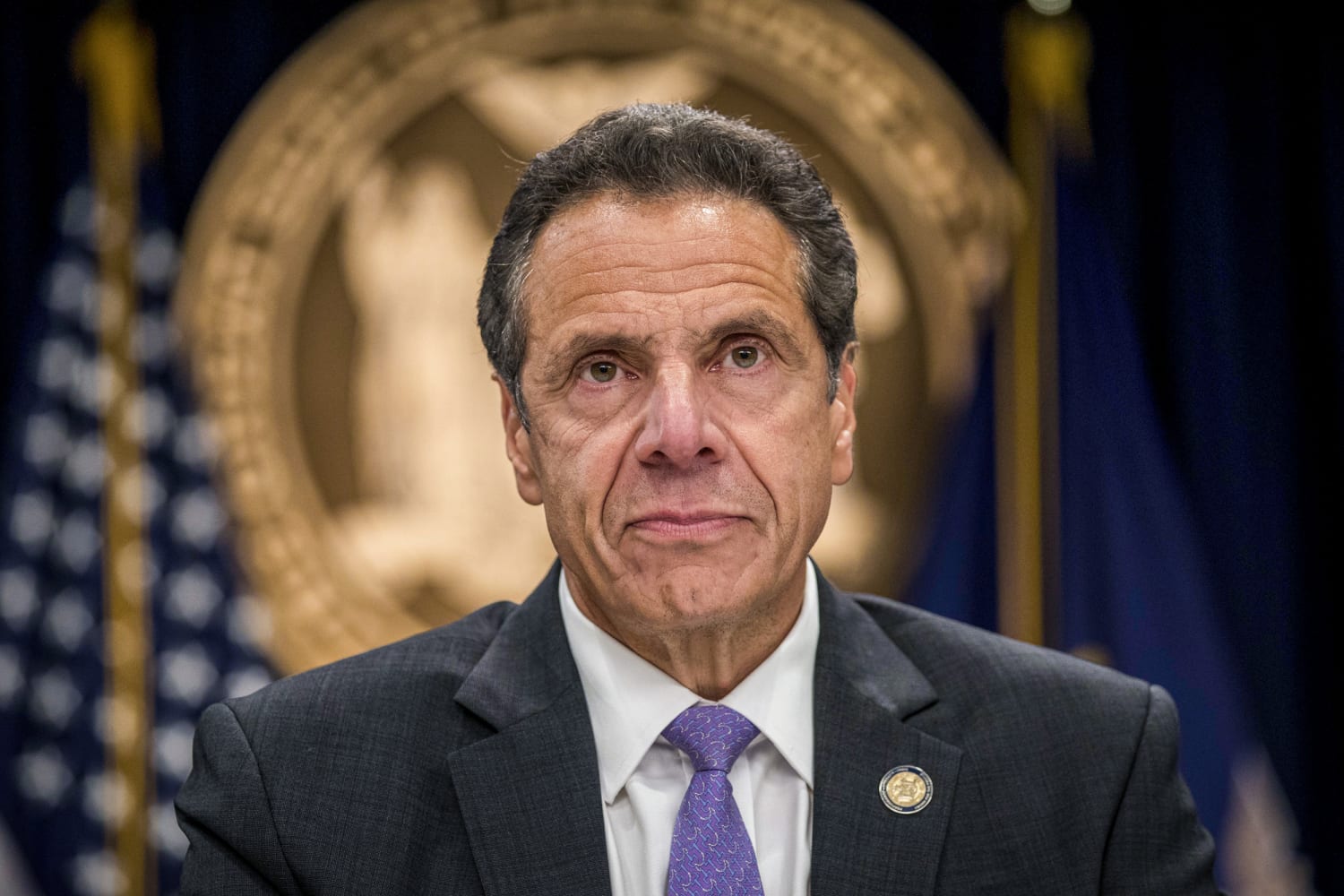
Andrew Cuomo, a name synonymous with New York politics, has a career filled with notable achievements and controversies. Did you know he served as the 56th Governor of New York from 2011 to 2021? His tenure saw significant legislative changes, including the legalization of same-sex marriage and the implementation of strict gun control laws. But that's not all—Cuomo's political journey began long before his governorship. He was the U.S. Secretary of Housing and Urban Development under President Bill Clinton. Curious about his early life? Cuomo is the son of Mario Cuomo, a three-term Governor of New York, making politics a family affair. Ready to dive deeper? Let's explore 25 intriguing political facts about Andrew Cuomo that shaped his career and legacy.
Early Life and Education
Andrew Cuomo's journey into politics began long before he held office. His early life and education played a significant role in shaping his political career.
- Born on December 6, 1957, in Queens, New York, Andrew Cuomo grew up in a politically active family.
- His father, Mario Cuomo, served as the Governor of New York for three terms from 1983 to 1994.
- Andrew attended Archbishop Molloy High School, a prestigious Catholic school in Queens.
- He graduated from Fordham University in 1979 with a Bachelor of Arts degree.
- Cuomo earned his Juris Doctor from Albany Law School in 1982, preparing him for a career in law and politics.
Early Political Career
Before becoming a prominent political figure, Cuomo gained experience through various roles and initiatives.
- In 1982, he managed his father's successful campaign for Governor of New York.
- Cuomo served as an assistant district attorney in New York City after law school.
- He founded Housing Enterprise for the Less Privileged (HELP) in 1986, a nonprofit organization aimed at addressing homelessness.
- In 1993, President Bill Clinton appointed him as Assistant Secretary for Community Planning and Development at the U.S. Department of Housing and Urban Development (HUD).
- By 1997, Cuomo was promoted to Secretary of HUD, a position he held until 2001.
Attorney General of New York
Cuomo's tenure as Attorney General of New York marked a significant phase in his political career, where he tackled various issues head-on.
- Elected as New York's Attorney General in 2006, he served from 2007 to 2010.
- Cuomo launched investigations into the student loan industry, leading to reforms and settlements with major lenders.
- He pursued cases against public corruption, including the investigation of former New York State Comptroller Alan Hevesi.
- Cuomo took on environmental issues, suing coal-burning power plants for violating the Clean Air Act.
- He also focused on consumer protection, targeting fraudulent mortgage practices during the subprime mortgage crisis.
Governor of New York
Cuomo's most notable role came when he was elected as the Governor of New York, a position he held for three terms.
- Elected as Governor in 2010, Cuomo succeeded David Paterson.
- He won re-election in 2014 and 2018, serving until his resignation in 2021.
- Cuomo signed the Marriage Equality Act in 2011, legalizing same-sex marriage in New York.
- He implemented the SAFE Act in 2013, one of the strictest gun control laws in the United States.
- Cuomo launched the Excelsior Scholarship program in 2017, offering free tuition at public colleges for eligible New York residents.
Controversies and Challenges
Cuomo's career was not without its controversies and challenges, which ultimately led to his resignation.
- In 2020, Cuomo faced criticism for his handling of COVID-19 in nursing homes, where thousands of residents died.
- Multiple women accused Cuomo of sexual harassment, leading to an investigation by the New York Attorney General's office.
- The investigation concluded that Cuomo had sexually harassed multiple women, prompting calls for his resignation.
- On August 10, 2021, Cuomo announced his resignation, effective August 24, 2021.
- Despite his resignation, Cuomo has maintained his innocence and continues to be a polarizing figure in American politics.
Cuomo's Political Legacy
Andrew Cuomo's political career is a mix of achievements and controversies. Serving as New York's governor for over a decade, he tackled issues like same-sex marriage, gun control, and the COVID-19 pandemic. His leadership during the pandemic earned praise but also faced criticism for handling nursing home data. Cuomo's tenure saw significant infrastructure projects and progressive policies, yet allegations of misconduct led to his resignation in 2021. His legacy is complex, marked by both commendable public service and personal scandals. Understanding Cuomo's political journey offers insights into the challenges and responsibilities of public office. His story serves as a reminder of the impact leaders have on society and the scrutiny they face. Whether viewed as a dedicated public servant or a flawed leader, Cuomo's time in office left an indelible mark on New York's political landscape.
Was this page helpful?
Our commitment to delivering trustworthy and engaging content is at the heart of what we do. Each fact on our site is contributed by real users like you, bringing a wealth of diverse insights and information. To ensure the highest standards of accuracy and reliability, our dedicated editors meticulously review each submission. This process guarantees that the facts we share are not only fascinating but also credible. Trust in our commitment to quality and authenticity as you explore and learn with us.
